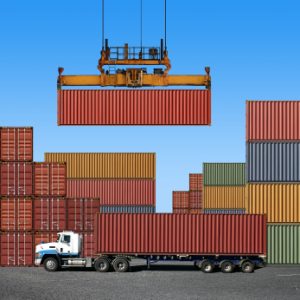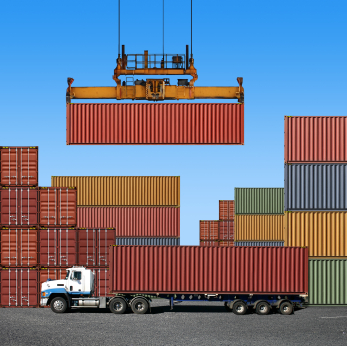
The Philippines has expressed an interest in joining the recently concluded Trans-Pacific Partnership (TPP), according to the Department of Trade and Industry (DTI).
“The recently concluded Trans Pacific Partnership (TPP) agreement is a timely and welcome development for the Philippines. Joining the TPP is a significant component of our international trade strategy (ITS) which we have been implementing over the past four years,” Trade Undersecretary Adrian Cristobal Jr. said in a statement.
While the Philippines is not included in the first batch, Cristobal affirmed that the “Philippines has indicated very clearly that we would like to join the TPP and would want to start discussions for our entry once it opens its doors to new members.”
Even before the TPP was concluded, the Philippine government had already undertaken technical consultations with six out of the 12 TPP member countries, and the talks will continue, Cristobal said.
The TPP is a landmark agreement that eliminates or reduces tariffs, lowers the cost of trade, and sets new and high standards for global trade while addressing next-generation issues. It is envisioned to promote economic growth, create jobs, raise living standards, reduce poverty, promote good governance, and enhance labor and environmental protection among its member countries.
The 12 TPP members—Australia, Brunei, Canada, Chile, Japan, Malaysia, Mexico, New Zealand, Peru, Singapore, the United States, and Vietnam—announced the conclusion of their negotiations last October 5. These countries have a combined population of 800 million, and are projected to account for 40% of the world’s gross domestic product and 30% of world trade.
The Philippines had previously conducted technical discussions with Malaysia, the U.S., New Zealand, Australia, Mexico and Canada, and will soon initiate the same with Japan, Peru, Chile, Singapore, Brunei, and Vietnam.
“We also asked the TPP members regarding their policy on admitting new members and they said that the (TPP) agreement has to be concluded first. From all indications, the 12 TPP members have been supportive of our desire to join,” Cristobal added. To become part of the TPP, the Philippines will need an endorsement from the 12 parties to the trade agreement.
Cristobal said the Philippines is anticipating the signing of the agreement since this will provide access to its contents. “With the final text of the agreement made available, we can have a more definite evaluation of the impact of being a TPP member,” the trade official said.
According to Cristobal, the Philippines continues to aggressively pursue alternative tracks to obtain market access for the country’s products.
He explained “this is consistent with our international trade strategy of forging free trade agreements and obtaining market access for our products and services. For our European strategy, the Philippines obtained access to the European market through the EU Generalized System of Preferences Plus (GSP+) in December 2014.”
“We have also commenced formal talks for a PH-EU FTA, while negotiations are ongoing with the European Free Trade Area (EFTA).”
Cristobal emphasized that though the country is not yet a member of the TPP, Philippine products already enjoy favorable market access to the United States. About 70% of Philippine exports enter the U.S. market duty-free through zero tariffs under the Most Favored Nation status or through the Generalized System of Preferences.
Nevertheless, Cristobal acknowledged concerns over the challenging chapters in the TPP deal, particularly those involving intellectual property rights, government procurement, and investor-state dispute settlement, which the country must face when it enters negotiations.
He explained that the Philippines is aware of the possible high-level commitment that the deal will require, and how the country’s constitutional limits on foreign investments and on the practice of profession, among others, may not fit in with the requirements of TPP membership.
“Joining the TPP will provide more opportunities to further strengthen our foothold in the global market with our local enterprises, workers and consumers benefitting from bigger markets and increased foreign investments,” he added.
Cristobal stressed that “before we enter formal discussions for membership in the TPP, we will carefully review the final and full text of the agreement, evaluate its impact on the economy, and consult thoroughly with our various stakeholders.”





